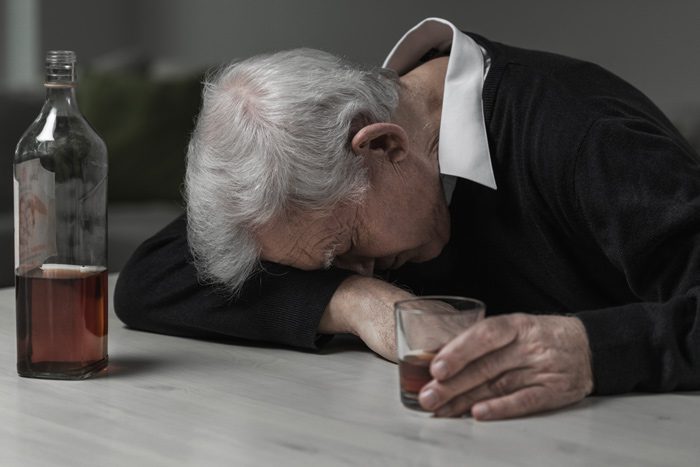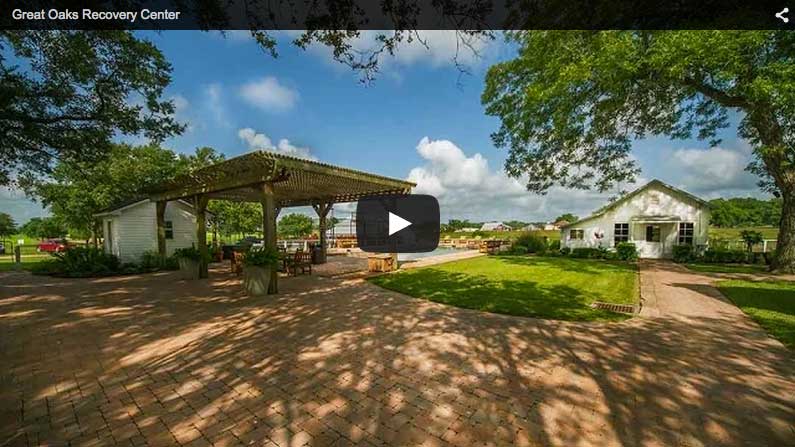 When you think about binge drinking, more than likely the first thing that comes to mind is young people throwing parties and indulging in too much alcohol. The truth is that college students aren’t the only ones who engage in this type of behavior. Binge drinking is quite common in older adults, and people in this age group can be at higher risk for a number of health issues.
When you think about binge drinking, more than likely the first thing that comes to mind is young people throwing parties and indulging in too much alcohol. The truth is that college students aren’t the only ones who engage in this type of behavior. Binge drinking is quite common in older adults, and people in this age group can be at higher risk for a number of health issues.
Definition of Binge Drinking
The Centers for Disease Control and Prevention (CDC) defines binge drinking as drinking five or more alcoholic beverages within two hours for men and consuming four or more drinks within two hours for women. The CDC points out that most people who engage in this type of behavior are not alcoholics.
The following facts about binge drinking were provided by the CDC:
- Binge drinking is most common among adults in the 18-34 age group.
- More than half of binge drinks are consumed by adults who are older than age 35.
- Men are more likely to binge drink than women.
- Binge drinking is more common among those who are better educated and have higher household incomes ($75,000.00 or more per year).
- People from lower incomes and education levels who binge drink will consume more drinks annually than their better educated, higher-earning counterparts.
Study Revealed that 1 in 10 Older Adults Affected by Binge Drinking
The results of a study published in the Journal of the American Geriatrics Society found that 10.6 percent of older Americans aged 65 and older are binge drinkers. The data was collected from 10,927 people over age 65; all of them had completed the “National Survey on Drug Use and Health” in either 2015, 2016, or 2017. The study found that these binge drinkers are likely to be male (as noted above); they are also likely to be tobacco or cannabis users.
Binge Drinking and Risks to Health
Consuming several drinks in a short amount of time is risky to one’s health.
- Increased risk of injuries to self or others in a car accident
- Increased risk of injuries due to falls and burns
- Higher risk of being a victim of a crime, including robbery, assault, and sexual assault
- Increased likelihood of visiting the Emergency Room
- Risk of alcohol poisoning, which can be fatal
- Risk of developing an alcohol dependency issue
Binge Drinking and Chronic Conditions
The researchers who conducted the study found that a significant number of older Americans who binge drink also live with a chronic medical condition. Their analysis revealed that 41.4 percent of people who stated they had participated in binge drinking within the past 30 days had high blood pressure, another 23.1 percent had heart disease, and 17.7 percent were living with diabetes.
Older adults who are living with a chronic condition often need to take medications as part of their treatment plan. These medications may need to be taken at a specific time of day or in a particular way. If someone is binge drinking one or more times during a given month, it may be challenging for them to stick to the medication routine prescribed by their doctor.
For example, medications may not be taken on time or they may not be taken in the right combinations or doses. The medicines may not be taken at all if someone is drinking or recovering from a binge drinking session. Some people may decide to “double-up” on their next dose to make up for a missed one. This can lead to unwanted or dangerous side effects from a medication.
Seek Help for an Older Adult who is Binge Drinking
If you are concerned about an older loved one who is binge drinking, you don’t have to wait until the alcohol use gets worse, a serious injury occurs, or a medication problem happens to address the issue. Contact Great Oaks Recovery in Wharton County, TX, to learn more about our treatment programs. It’s never too late to get help for someone you love who may be struggling with alcohol abuse.


